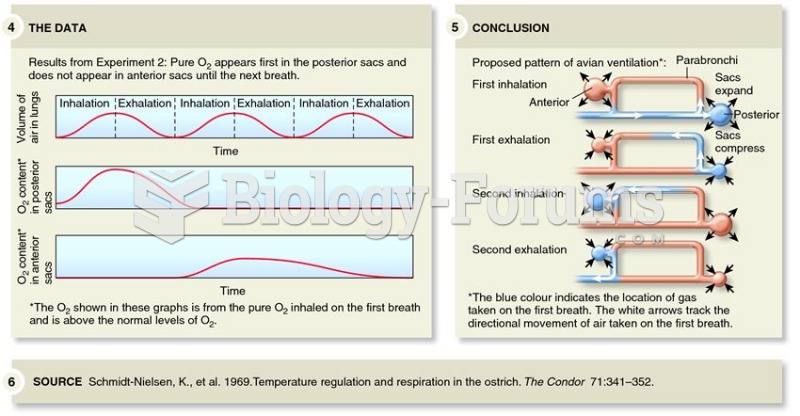|
|
|
Did you know?
Vampire bats have a natural anticoagulant in their saliva that permits continuous bleeding after they painlessly open a wound with their incisors. This capillary blood does not cause any significant blood loss to their victims.
Did you know?
Eat fiber! A diet high in fiber can help lower cholesterol levels by as much as 10%.
Did you know?
Green tea is able to stop the scent of garlic or onion from causing bad breath.
Did you know?
There are 60,000 miles of blood vessels in every adult human.
Did you know?
The immune system needs 9.5 hours of sleep in total darkness to recharge completely.
 The end of a typical line wrench, which shows that it is capable of grasping most of the head of ...
The end of a typical line wrench, which shows that it is capable of grasping most of the head of ...
 The end of a typical line wrench, which shows that it is capable of grasping most of the head of ...
The end of a typical line wrench, which shows that it is capable of grasping most of the head of ...





